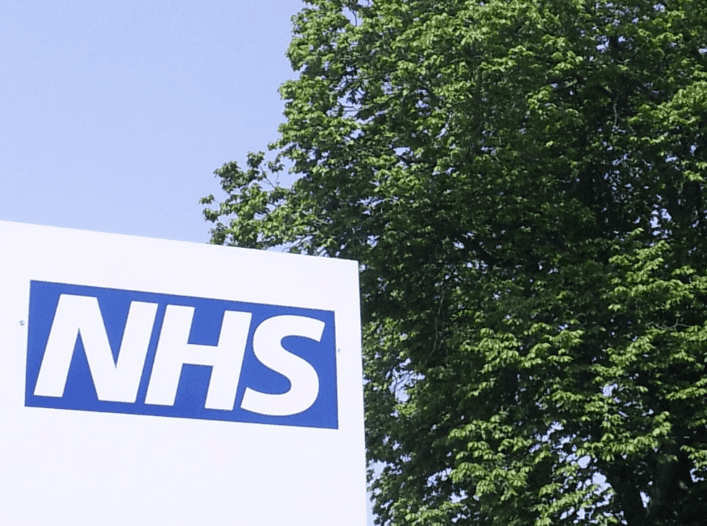
Cameron restates £8 billion NHS funding plans
pharmafile | May 18, 2015 | News story | Sales and Marketing | BMA, Cameron, NHS, UK
UK prime minister David Cameron has committed to extra funding for the NHS in his first major speech following the Conservative party’s victory in the general election.
Cameron committed to increasing NHS budgets by at least £8 billion a year by 2020, recruiting 5,000 new GPs, and speeding up access to new drugs and treatments.
The NHS is predicted to have a shortfall of £30 billion by 2020. It is hoped that efficiency plans such as more optimal use of drugs and making the health service ‘paperless’ – which were set out by health secretary Jeremy Hunt during the last parliament – will save £22 billion, with the £8 billion extra funding making up the rest.
The prime minister also restated his plans to provide a ‘seven-day’ NHS, citing the ‘shocking’ fact that mortality rates for patients admitted to hospital on a Sunday are as much as 16% higher than on a Wednesday.
However, he insisted that this would not involve staff working longer hours but a more flexible approach to shift patterns so that doctors and nurses are available ‘when they are needed most’.
Rob Webster, chief executive of the NHS Confederation, welcomed the plans, saying: “The commitment to find the extra funding is very welcome. Even with this funding our members will need to find £22 billion of efficiency savings. We need clarity on the phasing of growth in funding for health and care if our members are to unlock these savings and we need reassurance that social care will be properly funded.
“We made this clear in a letter sent to the prime minister and signed by more than 50 senior health leaders. We all need to be honest with the public about the very real and immediate pressures facing health and social care and to manage them together.”
But the British Medical Association (BMA) was more sceptical of the announcement.
“The £8 billion promised by the prime minister is the bare minimum needed for the NHS to simply stand still and will not pay for extra services,” BMA council chair Mark Porter says.
In the run up to the general election last month, an open letter from the BMJ warned that the NHS was ‘close to breaking point’, with ‘unsustainable’ pressures putting patient safety at risk.
“Waiting times for treatment are the longest for many years. Staff morale in many parts of the service is at rock bottom because of real terms pay cuts and the relentless workload. Many GPs are retiring early, and new recruits are thin on the ground.
They are not alone in these observations. In March leading healthcare think tank the King’s Fund said in its second ‘NHS under the coalition government’ report that the health service is ‘deteriorating’ in a manner that has not been witnessed since the early 1990s. However it acknowledged that given the financial climate it “had done as well as could be expected”.
The think tank had earlier said that the organisational changes to the health service under the coalition have been ‘distracting and damaging’. This is echoed by the BMJ, who asks the new health secretary to “resist the temptation to undertake further major top-down reorganisation”.
George Underwood
Related Content

A community-first future: which pathways will get us there?
In the final Gateway to Local Adoption article of 2025, Visions4Health caught up with Julian …

The Pharma Files: with Dr Ewen Cameron, Chief Executive of West Suffolk NHS Foundation Trust
Pharmafile chats with Dr Ewen Cameron, Chief Executive of West Suffolk NHS Foundation Trust, about …

Is this an Oppenheimer moment for the life sciences industry?
By Sabina Syed, Managing Director at Visions4Health In the history of science, few initiatives demonstrate …






